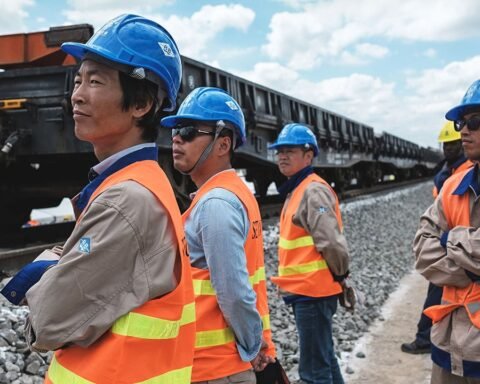Ukrainian President Volodymyr Zelenskyy has unveiled new legislation aimed at reaffirming the autonomy of Ukraine’s key anti-corruption institutions.
The decision follows a wave of protests sparked by a controversial law signed earlier this week that granted the Prosecutor General’s Office of Ukraine the authority to intervene in the operations of the National Anti-Corruption Bureau (NABU) and the Specialized Anti-Corruption Prosecutor’s Office (SAPO).
The now-reversed law came on the heels of a high-profile raid at NABU’s offices, which led to the arrest of a senior employee accused of spying for Russia. That incident deepened public concerns about both internal corruption and ongoing Russian influence operations.
In an effort to de-escalate tensions, Zelenskyy introduced a new draft law that he claims provides “full guarantees” of institutional independence. The proposal also mandates polygraph tests for staff in anti-graft bodies like NABU and SAPO, particularly those with direct ties to Russia or those handling sensitive security data.
“We need to protect our institutions from both corruption and foreign interference,” Zelenskyy said during a televised national address from Kyiv. “This law is not just a response; it’s a recommitment to democratic values.”
The move has been cautiously welcomed by Ukraine’s civil society. Advocacy groups such as the Anti-Corruption Action Center (AntAC) emphasized that public pressure played a key role in forcing the government to reverse course.
Also Read; Kwala Dry Port Set to Revolutionize East African Trade
“This is a clear example of democracy at work,” said Daria Kaleniuk, executive director of AntAC. “But the key now is whether the Verkhovna Rada will move swiftly to adopt this bill and reject any future attempts to weaken accountability.”
The political storm also attracted the attention of Ukraine’s international allies. Several EU officials and diplomats from the United States expressed concern over what they saw as a potential step backward in Ukraine’s anti-corruption reforms — a key requirement for further EU accession talks and continued foreign aid.
Ukraine’s anti-corruption architecture, built after the 2014 Euromaidan revolution, has long been viewed as one of the country’s most significant reform achievements. Institutions like NABU and SAPO have been central to investigating high-level graft, including cases involving former ministers and oligarchs.
Observers note that while the new bill may help calm tensions, the episode has revealed lingering vulnerabilities within Ukraine’s democratic institutions — particularly under the strain of ongoing war with Russia.
With the proposed legislation now headed to Parliament, all eyes are on the Ukrainian legislature to determine whether the country will reaffirm its commitment to transparency or risk further erosion of public trust.







